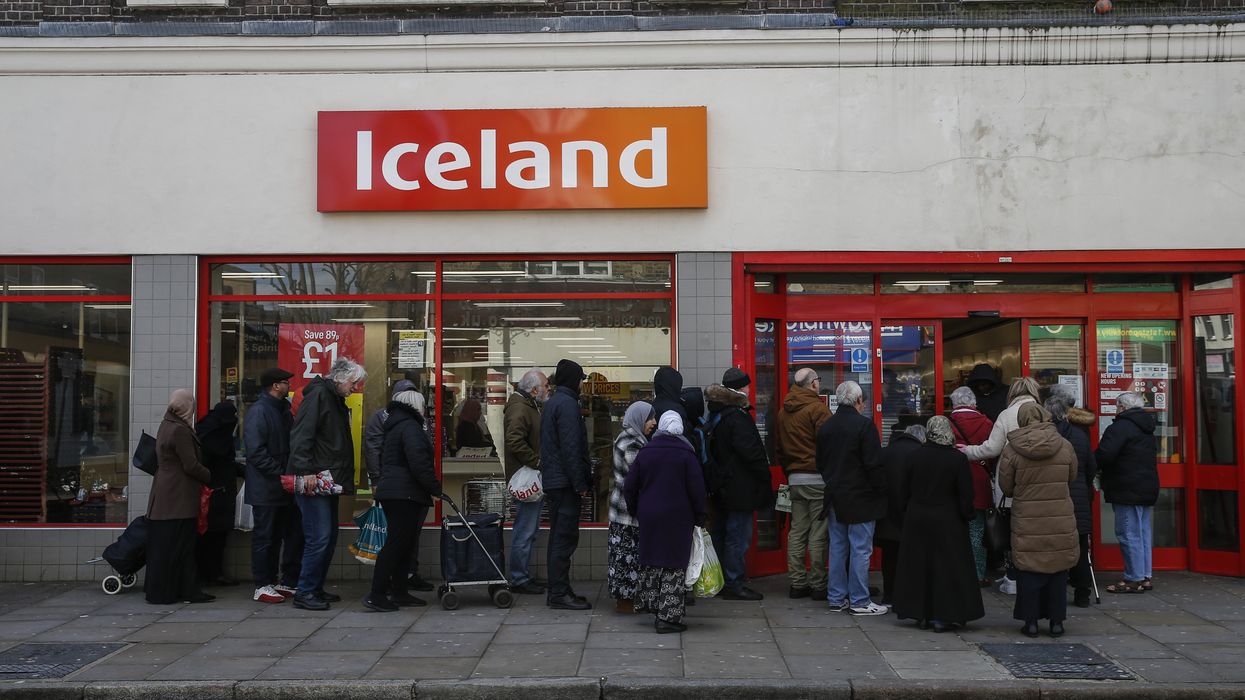Iceland supermarket closures are continuing across the UK, with the retailer confirming its Margate store will shut on 21 June 2025. The College Square site is the latest to close amid ongoing changes to the frozen food chain’s store network.
The decision follows a series of closures earlier this year, including branches in Derby (22 February), Welling (1 February), Borehamwood, and Exeter. Iceland has not issued specific reasons for the shutdowns, which reflect broader challenges faced by high street retailers.
A company spokesperson said: “We can confirm our Margate Iceland store will close. Our store colleagues have entered into a consultation process and have been offered opportunities at surrounding stores where possible.”
Despite the closures, Iceland is focusing on expanding in other areas. The retailer continues to open new branches of its larger-format Food Warehouse stores, often located in retail parks. It is also growing its petrol forecourt presence through a partnership with EG On the Move.
The collaboration will see Iceland increase its forecourt stores from 11 to 21, with the first two new locations launched in Barnstaple and Rotherham on 17 April. These outlets offer a selection of Iceland’s popular frozen goods and exclusive brands.
Justin Addison, international and partnerships director at Iceland Foods, said: “These 10 new stores are just the start, as we continue to grow our forecourt proposition.”
Recent research by Pwc highlights a shift in consumer habits, with retail parks being the only retail setting to see a net increase in chain outlets last year, up 0.4 per cent. In contrast, high streets and shopping centres have lost 30 per cent and 25 per cent of their chain stores, respectively, over the past decade.
Zelf Hussain, Restructuring Partner at Pwc UK, warned that high street retailers will remain under pressure in 2025 due to increased payroll costs and rising business rates.
Iceland currently operates around 900 stores across the UK.





